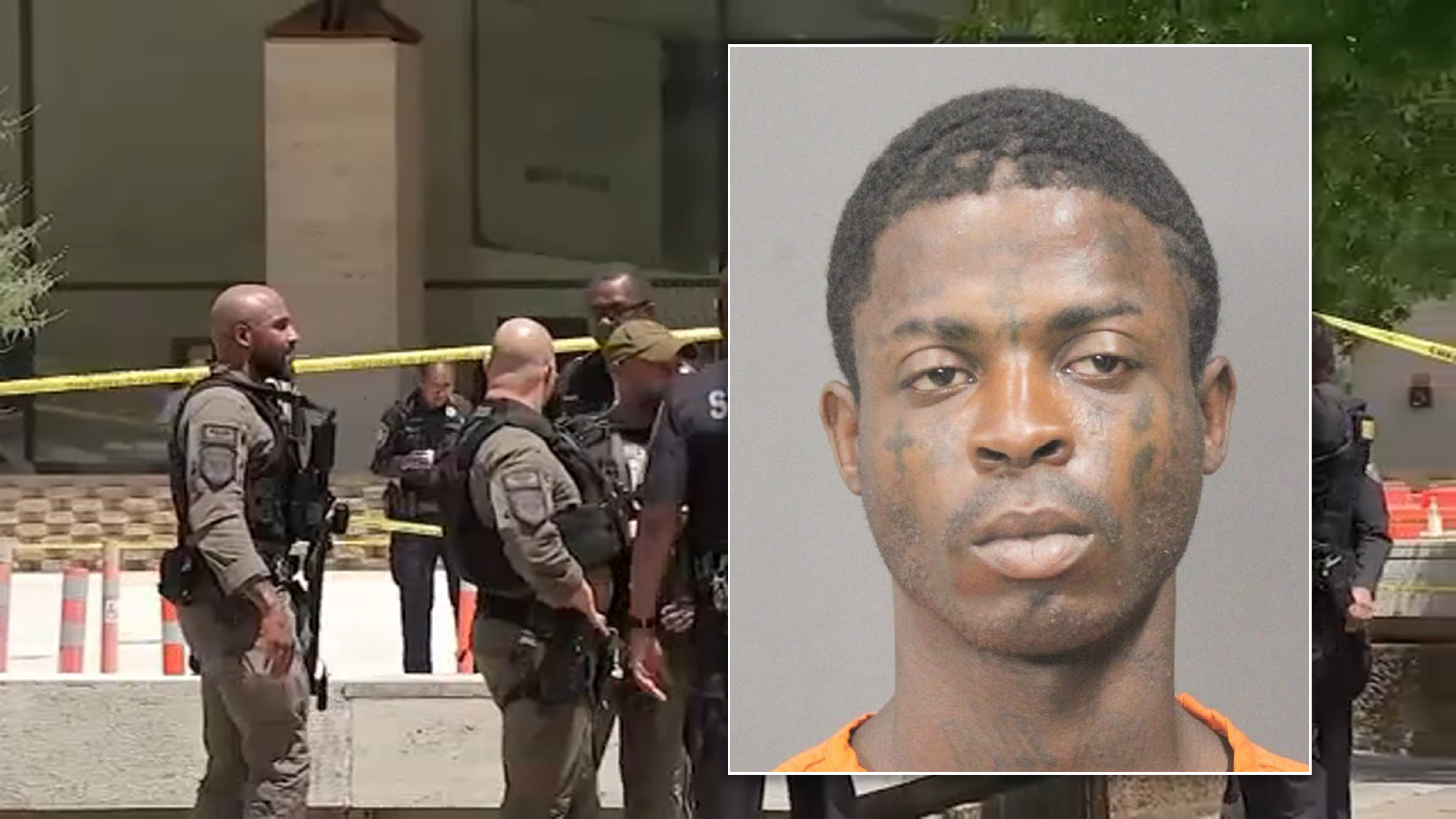'The thought of losing everything': Advocates push for bill that grants foreign adoptees citizenship
HOUSTON, Texas (KTRK) -- Since the end of World War II, more than half a million children were adopted from abroad by parents in the U.S. with the promise of a better life. However, due to a technical loophole in the Child Citizenship Act of 2000, there are tens of thousands of adoptees who do not have U.S. citizenship.
Cathy Cutler knows firsthand what it's like to be uncertain about your future. She is an intercountry adoptee who was born in Yeoju, a city in the Gyeonggi province of South Korea.
Her first adoptive parents are both U.S. citizens. Cutler's first adoptive father was in the U.S. military and stationed in South Korea during her adoption proceedings, which occurred when she was an infant. At four years old, she was adopted a second time domestically in El Paso, where she grew up. She now lives in Houston with her family.
But it was only five years ago when Cutler discovered while renewing her passport that she was not a U.S. citizen. She explained the rollercoaster of emotions she felt shortly after.
"First, I was just shocked and did not understand. The other thing too for me personally is because I had such a traumatic childhood, I had to relive those past traumas," Cutler said. "Then there was the thought of losing everything that I hold dear. I had to talk to my family about it because it impacted my husband's and children's lives."
So how could this have happened? To understand this, we have to go back to the Child Citizenship Act of 2000. It granted automatic U.S. citizenship to all intercountry adoptees, but only to those who were under the age of 18. That left tens of thousands of people who were adults at that point without legal protection if their adoptive parents did not finalize the naturalization process for them.
Esther Jeon, who is the network organizing director for the National Korean American Service & Education Consortium (NAKASEC), said adoptees without U.S. citizenship do not have access to social security benefits, driver's licenses, jobs, education, voting, home loans, passports, and more.
"During a time when families are able to come together and spend time, it's really hard to know that there are adoptees who are not able to share that experience because of congressional inaction on this issue," Jeon said. "The U.S. government made a promise to these adoptees that they would share the same rights as biological children and that here, they would never have to question being in this country with their families. What we found was that was not the truth."
Since then, advocates said they know of dozens of adoptees who have been deported back to their country of birth. Many have been separated from their families and the only home they've ever known.
That's why they're fighting for the Adoptee Citizenship Act, which would automatically grant U.S. citizenship to all intercountry adoptees who were legally adopted as children by U.S. citizen parents. It would also allow deportees the opportunity to return to the U.S. and complete their naturalization process.
Michelle Liang, who is the policy manager for NAKASEC, said the bill was first introduced eight years ago. But for the first time, the proposed legislation has more than 70 sponsors and has made it through the House in March.
Advocates with NAKASEC and its local affiliate in Houston, Woori Juntos are now asking for Texas Sen. John Cornyn to be a co-sponsor of the bill and pushing to get it passed in the Senate before the end of the lame-duck session.
"The reason that there is a lot of urgency around this year is because as we know, midterms just happened and we have a divided incoming Congress. Also, Senator Roy Blunt, who is the Republican sponsor of the bill, is retiring at the end of this year. So this just makes it a very critical time for the piece of legislation to be passed," Liang said.
Cutler now has her U.S. citizenship. But despite how traumatic her childhood was, she's sharing her story and hoping to help secure legal protections for other adoptees like her.
"Adoptees come from all different ethnicities. Even though I have my citizenship, I fight for them," Cutler said.
For more information, visit the Adoptees for Justice website.
For more on this story, follow Rosie Nguyen on Facebook, Twitter and Instagram.
RELATED: Local, 50-year-old woman finds out she isn't a legal citizen











